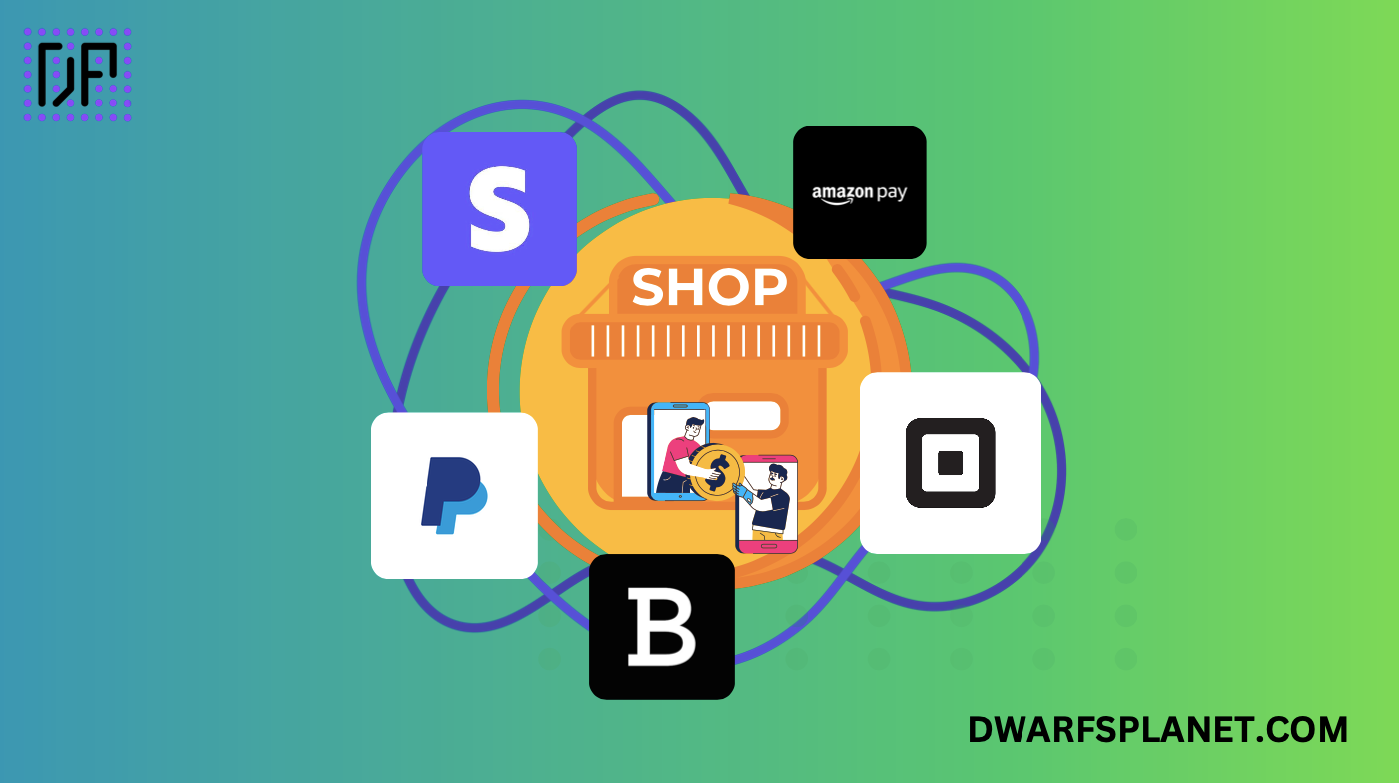Abstract and citation database for academic research.
Scopus is a leading abstract and citation database designed to support researchers, academics, and institutions in finding and analyzing scientific literature across various fields, including science, technology, medicine, social sciences, and arts and humanities. Managed by Elsevier, Scopus provides tools for tracking citations, analyzing research trends, and evaluating the impact of publications and authors. It covers over 25,000 active titles from more than 5,000 publishers, offering a broad and multidisciplinary view of global research output.
Key Features
- Comprehensive Database: Access to over 84 million records, including peer-reviewed articles, conference papers, patents, and datasets across multiple disciplines.
- Citation Analysis: Detailed citation metrics and analysis tools to evaluate the impact and reach of articles, authors, and institutions.
- Author and Institutional Profiles: Author profiles with citation data, h-index, and co-author network visualization; institutional profiles with research output and collaboration metrics.
- Research Metrics: Supports various metrics such as Field-Weighted Citation Impact (FWCI), CiteScore, and SNIP (Source Normalized Impact per Paper).
- Advanced Search Tools: Sophisticated search and filtering options for refined queries, including subject area, publication date, document type, and more.
- Alerts and Notifications: Set up alerts for specific keywords, authors, or publications to stay updated with the latest research.
- Integration with Research Tools: Exports references to reference management tools like EndNote, Mendeley, and RefWorks.
Benefits
- Broad Coverage: Provides access to a vast collection of global research across multiple disciplines, ensuring comprehensive literature reviews.
- Impact Measurement: Offers robust tools for measuring and analyzing research impact, helping institutions and authors assess their academic footprint.
- Research Trend Insights: Helps identify emerging research trends, influential authors, and key research areas.
- Enhanced Collaboration: Facilitates collaboration by identifying potential co-authors and institutions with similar research interests.
Strong Suit
Scopus is known for its comprehensive coverage and powerful citation analysis tools, making it an essential resource for researchers who need to track literature, measure impact, and gain insights into the global research landscape.
Pricing
- Subscription-Based: Access is typically provided through institutional subscriptions (universities, research institutes, and libraries); individual subscription options are less common and generally more expensive.
Considerations
- Subscription Cost: High subscription costs may be prohibitive for individuals or smaller institutions without access through their organizations.
- Limited Open Access: Most content is behind a paywall, and full-text access is dependent on the user’s institutional subscriptions.
- Data Quality and Completeness: While Scopus is comprehensive, coverage may vary for specific fields or regional publications.
Note-taking app for organizing research ideas and tasks.
WordPress plugin for integrating Zotero libraries into websites.
Citation management tool with automatic bibliography generation.
Summary
Scopus is a powerful tool for researchers seeking a comprehensive view of global scientific literature, with robust citation analysis and impact measurement features. It is particularly useful for those in academia who need to track publications, measure research impact, and identify collaboration opportunities, though its access costs and coverage limitations should be considered.














